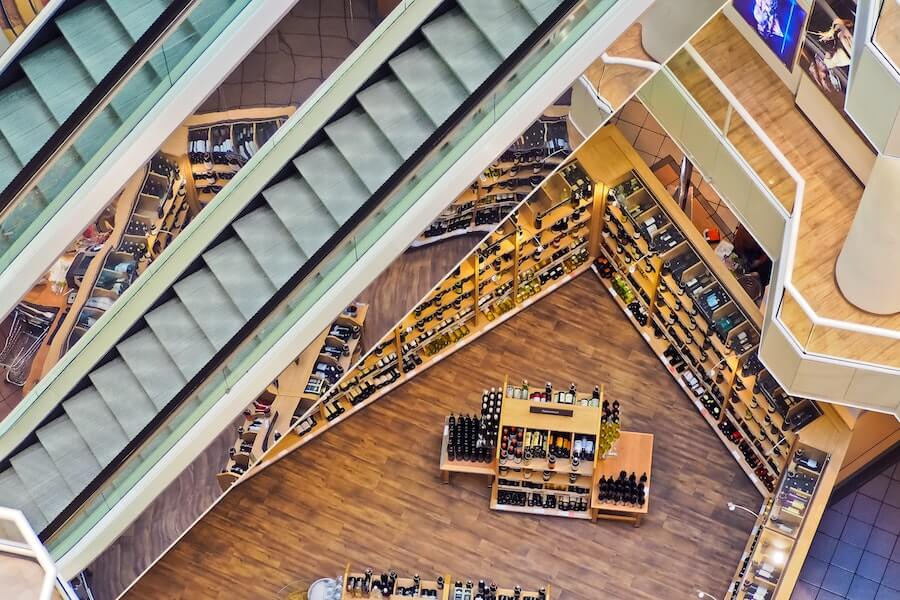The digital landscape has revolutionized how we do business, with the best online retailers emerging as prominent players. But what exactly is an online retailer, and how does it differ from e-commerce? An online retailer is a business that sells products or services through digital platforms, harnessing the Internet's global reach. On the other hand, e-commerce encompasses a broader scope, encompassing all commercial transactions conducted electronically.
While online retail focuses specifically on selling to consumers, e-commerce includes activities like online marketplaces, B2B transactions, and online banking. Understanding the distinctions between online retail and e-commerce is crucial for navigating the digital market and making informed decisions in today's interconnected world.
Part 1: What is an online retailer?
Part 2: What are the differences between online retail and e-commerce
Part 3: Top online retailers you should know about
Part 4: Summary and FAQs
Part 1: What is an online retailer?
Unlike traditional brick-and-mortar stores, an online retailer utilizes digital platforms to sell products or services to consumers over the Internet.
The best online retailers maintain an e-commerce website or an online store where customers can browse through their product offerings, make purchases, and complete transactions. They may also leverage other digital channels, such as mobile applications, social media platforms, or online marketplaces, to reach a broader customer base.
For retailers, online store eliminates the need for physical infrastructure, reducing overhead costs and allowing for greater scalability. It also provides access to a global customer base, enabling expansion beyond geographical boundaries.
On the other hand, consumers benefit from the convenience of shopping anytime, anywhere, without the constraints of physical store hours. They have access to a vast array of products, often with detailed descriptions, reviews, and comparison tools, making informed purchasing decisions easier. Also, online retailers often offer personalized recommendations, discounts, and secure payment options to enhance the shopping experience.
However, businesses must prioritize user-friendly website design, robust e-commerce platforms, efficient inventory management, secure payment gateways, reliable order fulfillment, and responsive customer service to thrive as online retailers.
Part 2: What are the differences between online retail and e-commerce
Online retail refers to businesses selling products or services to consumers through digital platforms. It focuses on the retail aspect of e-commerce and maintains its e-commerce websites or online stores, offering a wide range of products for purchase.
The popular form of online retail is D2C (direct-to-consumer), where brands market and ship their products directly to customers. This model enables brands to control their brand image, access customer data, and eliminate distributor costs.
Top online retailers strive to provide customers with a similar shopping experience as they would have in physical stores.
In contrast, e-commerce involves purchasing products and services from online sellers. For instance, Amazon is a leading e-commerce platform that offers products from various companies, allowing customers to explore and compare products based on features and price.
E-commerce platforms enable participation from small businesses, individuals, non-profit organizations, government bodies, retailers, manufacturers, wholesalers, and distributors. Opting for e-commerce allows companies to tap into a thriving online ecosystem and access valuable insights tailored to their specific needs.
Thus, e-commerce encompasses various online transactions, covering B2B transactions, online marketplaces, online banking, digital auctions, and more.
Here are the revised examples and clarification regarding Amazon:
Online Retail: Imagine an independent fashion brand called "Fashionista Online." They operate a website where customers can explore their product catalog, select items they like, add them to a virtual shopping cart, and proceed to checkout. Fashionista Online focuses exclusively on selling its products online, making it an example of online retail.
E-commerce: Consider a popular online marketplace platform like eBay or Etsy. These platforms enable a wide range of online transactions. Users can buy and sell products, participate in online auctions, bid on items, and exchange goods or services. These platforms represent broader e-commerce activities beyond traditional retail.
As for Amazon, it serves as an example of both online retail and e-commerce. Amazon operates as an online retailer by directly selling its products to consumers through its website. Additionally, it acts as an e-commerce platform where third-party sellers can list and sell their products to customers.
Amazon's e-commerce model goes beyond retail, providing services like cloud computing (Amazon Web Services) and media streaming (Amazon Prime Video), making it an inclusive e-commerce company.
To illustrate the differences between online retail and e-commerce, here's a comparison chart:
| Online Retail | E-commerce | |
| Definition | Businesses selling products or services to consumers through digital platforms. | All commercial transactions conducted electronically. |
| Focus | Retail aspect, targeting individual consumers. | Contains various types of online transactions, including B2B, marketplaces, and more. |
| Scope | Specific subset within the broader concept of e-commerce. | Covers a wide range of electronic transactions beyond retail. |
| Examples | Amazon, an online retailer selling a wide range of products to individual consumers. | Alibaba, an e-commerce platform connecting businesses for wholesale trade. PayPal, an online payment system facilitating various e-commerce transactions. |
Thus, online retail is a subset of e-commerce catering to individual consumers through dedicated online stores.
Part 3: Top online retailers you should know about
Among the best online retailers, a few stand out as industry leaders.
Let's explore three top online retailers that have revolutionized the shopping landscape:
1. Amazon
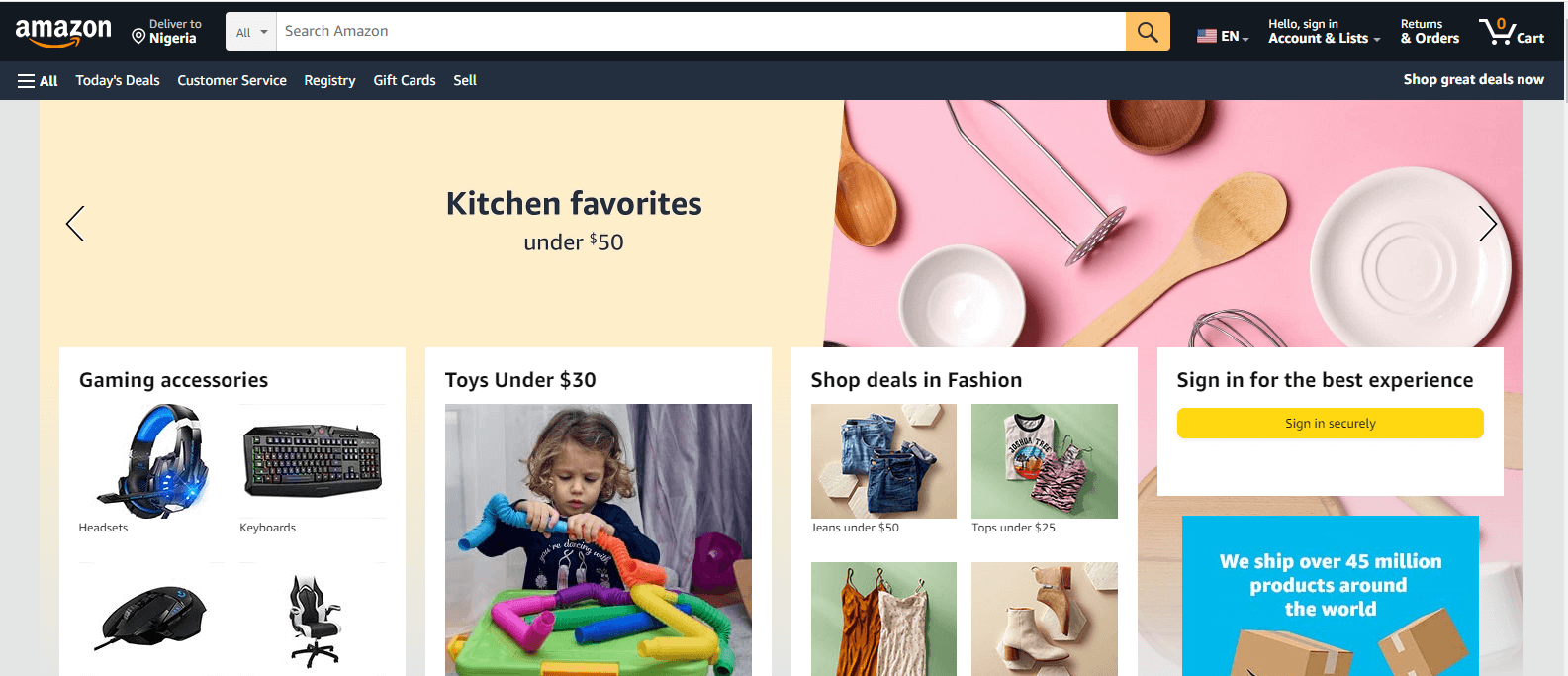
When it comes to online retail, Amazon reigns supreme. Originally an online bookstore, Amazon has evolved into the world's largest online marketplace. With an extensive product catalog that spans electronics, fashion, home goods, groceries, and more, Amazon offers unparalleled convenience and choice. Its user-friendly interface, competitive prices, and efficient delivery services like Amazon Prime have made it a go-to destination for millions of shoppers worldwide.
2. Alibaba
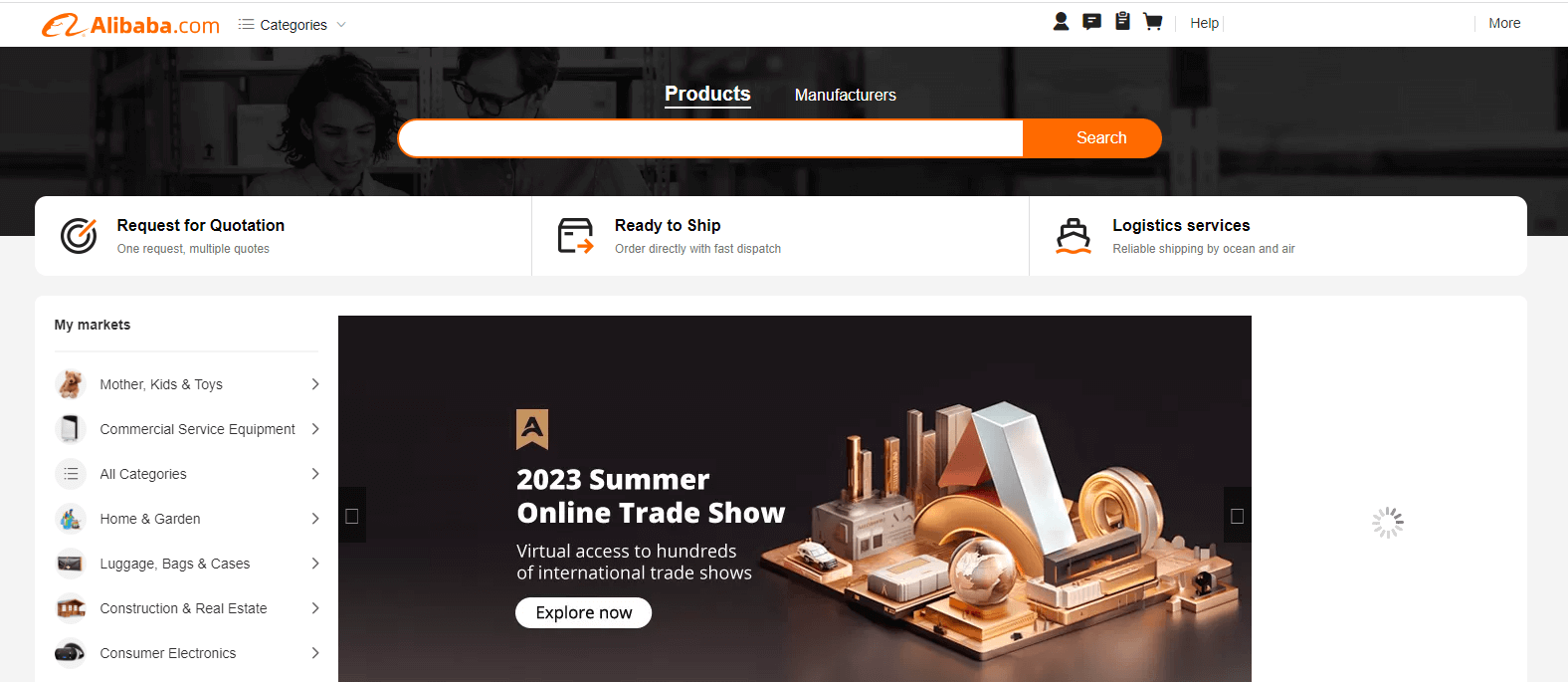
Alibaba is an e-commerce behemoth that operates various platforms catering to consumer needs. Taobao, its consumer-to-consumer (C2C) marketplace, empowers individuals and small businesses to sell products directly to consumers. Tmall, a business-to-consumer (B2C) platform, hosts official brand stores and offers an extensive array of products. For international buyers, AliExpress, one of the top online retailers, provides access to products at competitive prices. Alibaba's platforms offer a diverse shopping experience, combining affordability, global reach, and a wide range of products.
3. Walmart
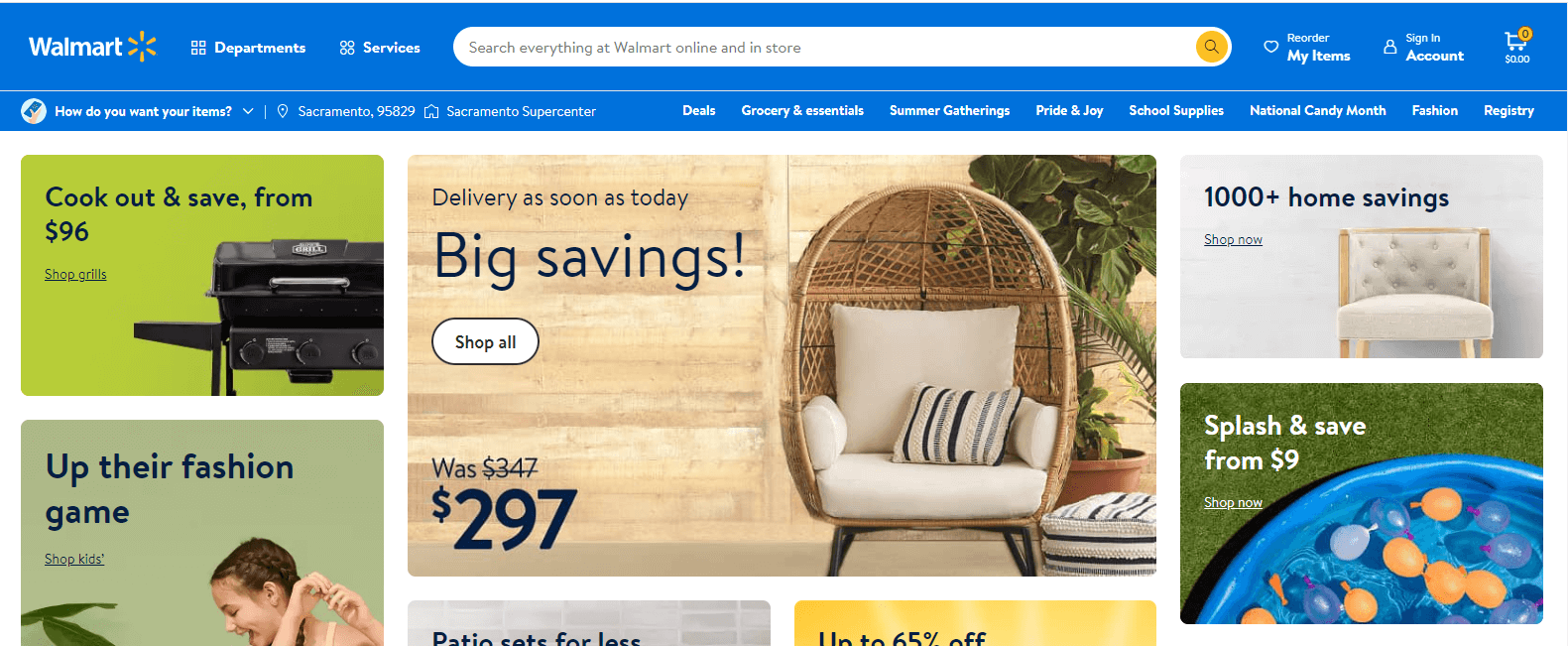
Seamlessly Blending Online and Offline Retail Walmart, a retail giant renowned for its brick-and-mortar stores, has successfully transitioned into the online realm. With its e-commerce platform, Walmart brings its vast product selection, competitive pricing, and reputation for affordability to the digital space. From electronics and home goods to clothing and groceries, Walmart's online platform offers various shopping options, including home delivery, curbside pickup, and same-day delivery.
4. eBay
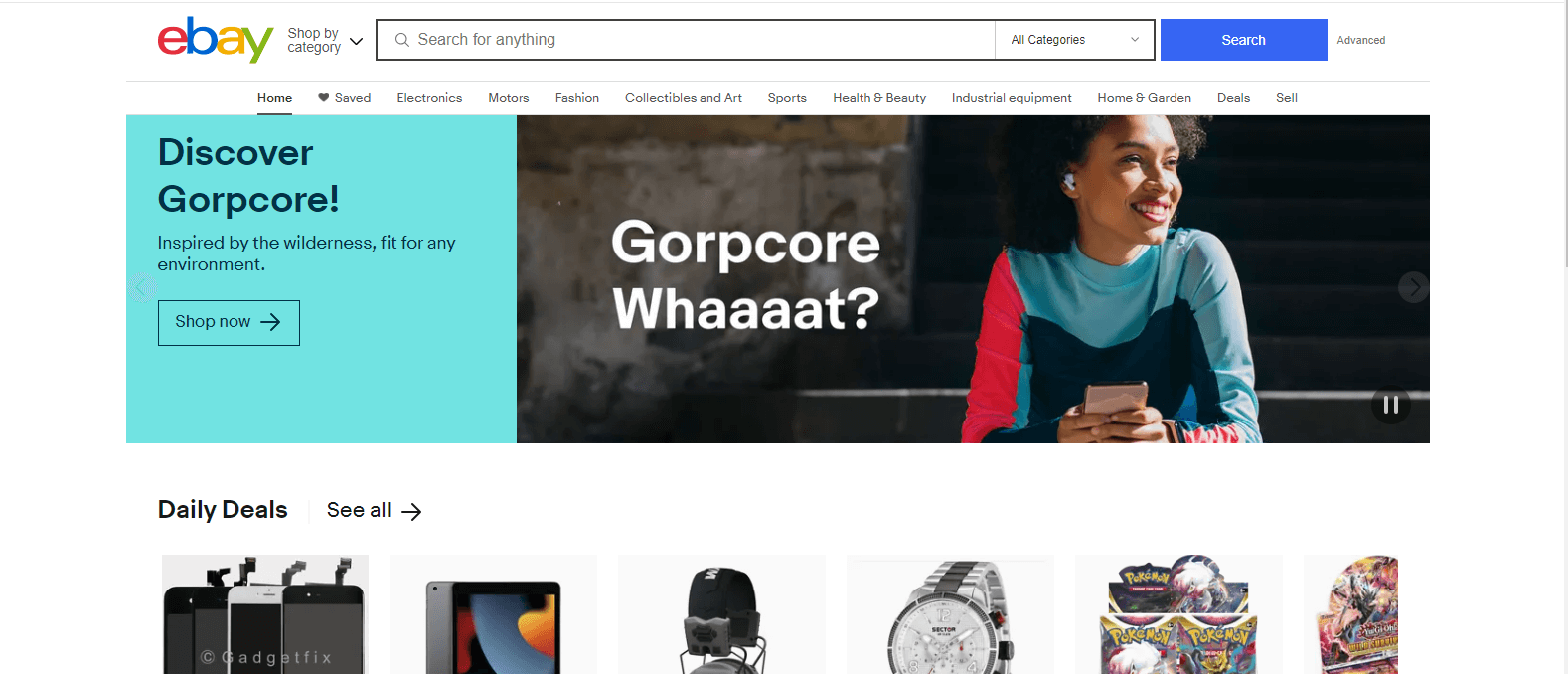
Connecting Buyers and Sellers Worldwide eBay has carved its niche as a leading online marketplace that connects buyers and sellers globally. With an extensive network of individuals and businesses, eBay offers an eclectic mix of new and used products across various categories. Its auction-style system allows sellers to list items for bidding, while fixed-price listings cater to those seeking immediate purchase. eBay's platform combines the thrill of auctions with traditional retail, delivering a unique and dynamic shopping experience.
These top online retailers continue to revolutionize the shopping landscape, ensuring that customers enjoy a convenient, diverse, and satisfying online shopping experience.
If you're just get stared shopping online, here's a guide for you:
6 Best Free Online Shopping Tools 2023!
A Full Tutorial on How to Start an Online Retail Business
Part 4: Summary and FAQs
Hence, online retailers, specifically D2C (direct-to-consumer), focus on businesses selling products directly to consumers through digital platforms. It allows brands to maintain control, access customer data, and eliminate distributor costs. E-commerce, a broader concept, includes various online transactions: B2B, connecting buyers and sellers. E-commerce offers convenience, a wide product range, and cost savings.
However, online retail and e-commerce present unique opportunities for businesses and benefit consumers.
Frequently Asked Questions (FAQs)
Q1: What is D2C in online retail?
A: D2C, or direct-to-consumer, is a popular model within online retail where brands sell products directly to customers, bypassing intermediaries. It gives brands greater control over their brand image and customer relationships.
Q2: What are the benefits of participating in e-commerce?
A: Participating in e-commerce allows businesses to reach a global customer base, reduce costs compared to brick-and-mortar stores, gather valuable customer data, and provide convenience to consumers with 24/7 accessibility and various choices.
